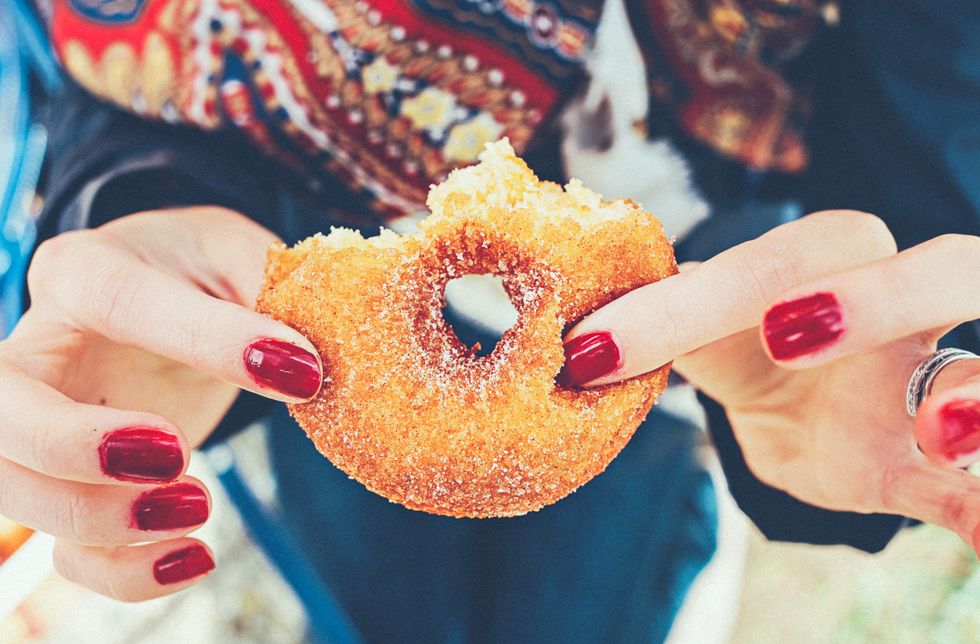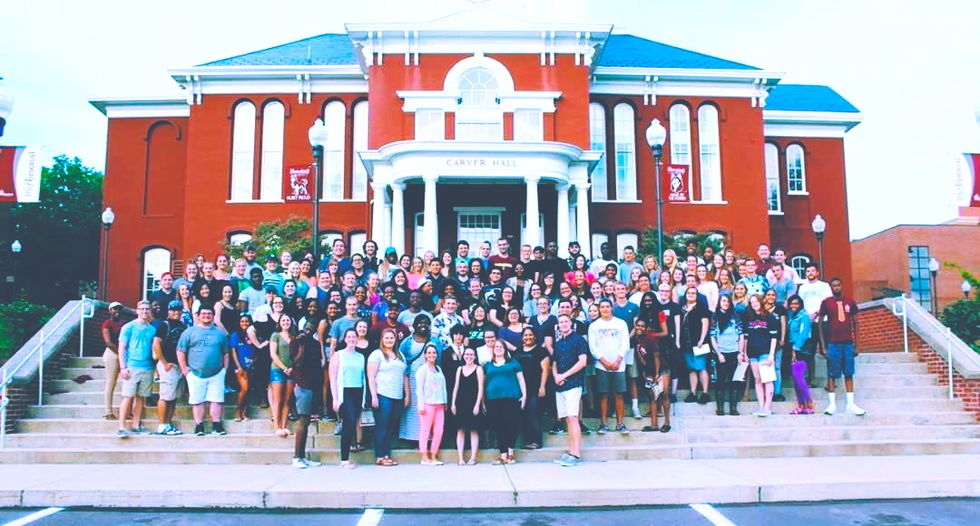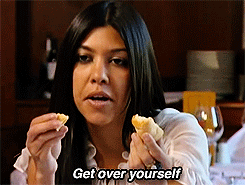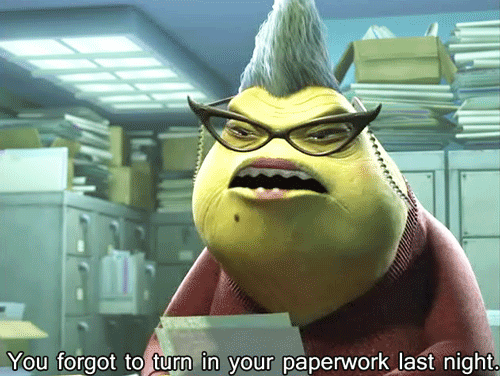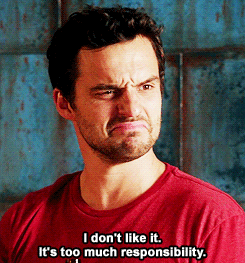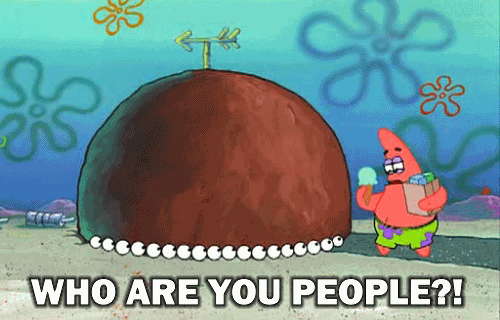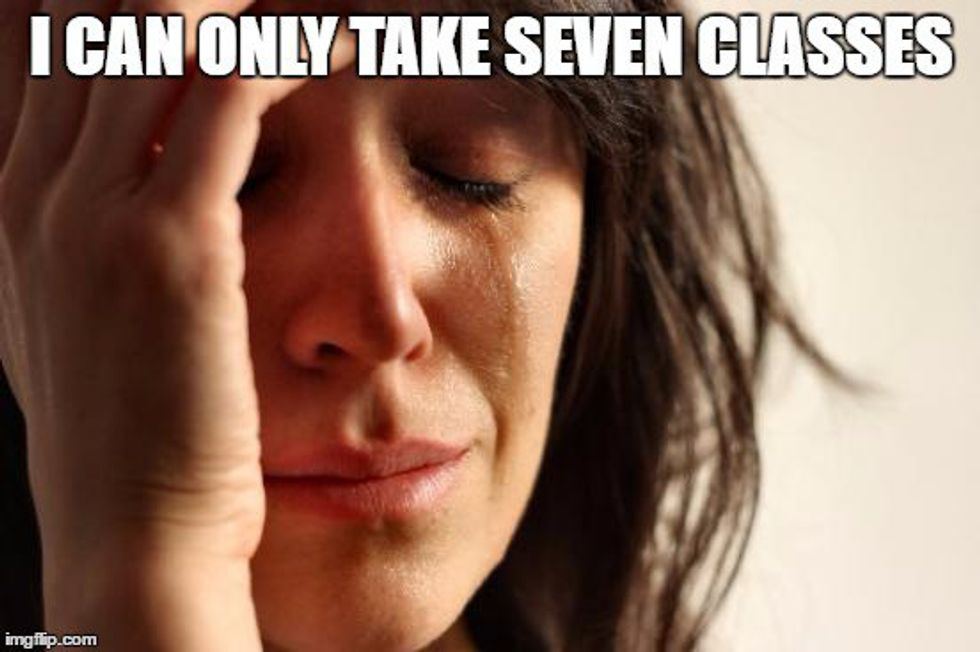Every girl dreams of a flawless body. No insecurities, no blemishes, no scars or bruises to hide. Deep down, we all know this is unrealistic and unattainable -- yet why is it that some of us go to such extremes to try and achieve this idealistic picture of perfection in our heads? What's the price we pay when we go too far?
As a sixteen-year-old girl trying to find her place in high school, I was especially susceptible to this dangerous mentality. I wanted to be beautiful, strong, talented, confident. I wanted to be everything I felt I wasn't, everything that girls my age sought to be. It was the one thing that stayed on my mind all day from morning til night: you aren't good enough yet.
So I decided to do something about it. I joined cross country for the first time that fall and immediately fell in love. The way my muscles ached after I finished a terrifying workout gave me a sense of accomplishment, and I begged for that feeling every single day. Exercising became my escape from reality -- a place where I didn't have to worry, didn't have to live up to anything, didn't have to stress. It was refreshing and I never wanted it to end.
Then it took a dangerous turn.
That winter after the cross country season ended, my coach pulled me aside and we discussed one-on-one training for the next few months. I was ecstatic that I had caught her interest and that she had deemed me worthy of her attention. Immediately I accepted her offer, and we got down to business.
Every day I would get my workout from my coach and complete it as best I could. I had no excuses. Sick? Who cares, I'd get over it. Out of the country? There are treadmills. Thanksgiving? There are still 24 hours in the day. No matter what it took, I was going to prove to my coach that she hadn't made a mistake choosing to take a chance on me.
The thing is, I had never really had body image problems before that winter. I wasn't fat, wasn't skinny...in my eyes, I was just right. I tried my best to eat healthily and work out, but if I didn't then it wasn't the end of the world.
Once I started getting one-on-one coaching, though, I started to examine myself a little closer. I didn't have the runners body. Where were my abs? Why weren't my arms toned? Why did I have zits on my back and my cheeks? Were those stretch marks on my thighs? Suddenly, I started analyzing every detail about myself and they were never sufficient.
So I decided to give up sugar. I wanted to be faster and stronger because my times weren't improving and I didn't want to let my coach down. I wanted to look like the girls on the cover of Runners World and CrossFit magazines, the ones with six packs and a glowing complexion. Maybe if I ate well enough and ran my heart out, I could get there.
At first, my family thought it was a great lifestyle choice. I had always eaten too much candy and treated sugar like a drug. I skimped on vegetables and always chose chips over fruit. This was good for me, my parents assured themselves. They bought me the whole-grain-non-GMO-extra-healthy whatever it was I desperately needed and came to cheer me on at every single race I ran.
It seemed like a great thing.
And then it turned into a problem.
I began working myself until I collapsed every single afternoon during my runs. I refused anything with even a taste of something sugary inside of it. Cookie dough, once my go to, was banned from my fridge. Nothing was good enough for me -- I wanted my coach to see that I wasn't a waste of time, that I wasn't going to let her down. It got to the point where I wasn't running for myself anymore, but for those around me who I felt like were counting on me to do something great.
I remember dry heaving from dehydration after working out and crying in my bed after I didn't perform my best at track meets. I remember having to miss part of Christmas Eve church service because I just had to get my mile repeats in before. I remember not going to pick my brother up from college at the airport because I needed to finish my core routine. I remember hating myself more and more every time I craved something with sugar in it -- in my mind, I was weak.
I passed up going to my friend's houses and out to eat because "I didn't think they understood me." I felt like no one knew what it was like to put 100% into something and feel like you were getting absolutely nothing out of it.
My mom was constantly telling me how cranky I was, and she desperately tried to get me to eat something to boost me up, drink some caffeine, sit down and relax, watch a movie instead of going to the gym. But I wouldn't.
Exercising and eating, once my safe havens, had become my personal hell.
I can't pinpoint exactly when I realized that I had a major problem, but it wasn't for a few months and after all the damage was done. I wasn't myself during that time and I certainly wasn't having fun. In the beginning, I lived for it -- but in the end, I took it to the extreme and wasn't happy with anything but perfection.
This is the danger that food and exercise can have on you. So often people forget about the importance of mental health and how it needs to be taken care of just as your body does.
In the process of trying to achieve my perfect physical appearance, I lost my mind.
Now, almost three years later, I still run. I still try to eat healthily. But it's different. I don't force myself to throw up if I've eaten something sweet. I don't feel ashamed and guilty if I go a few days without making it to the gym.
Because in the end, I'd rather have a happy mind than a 6 pack. And that's how it should be.

